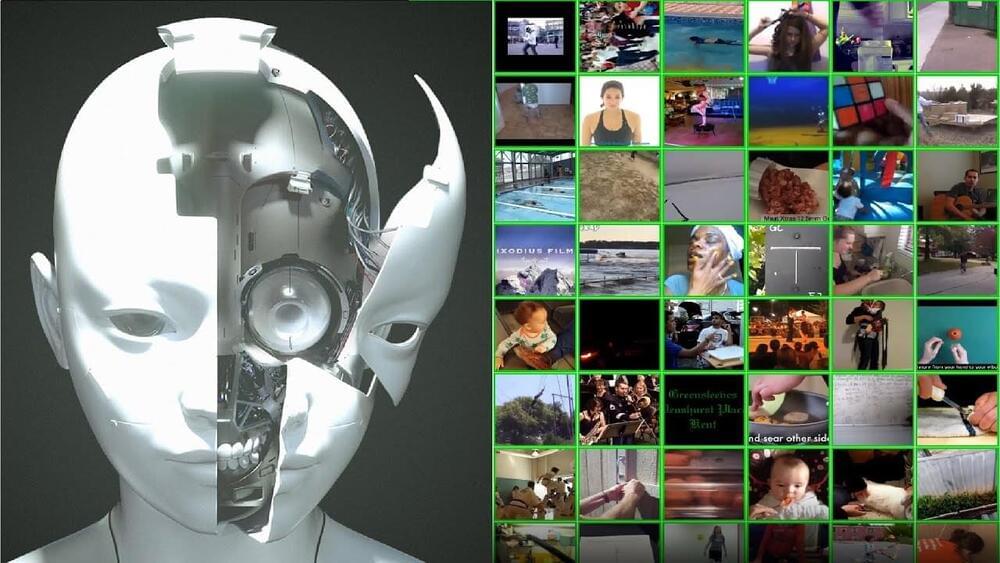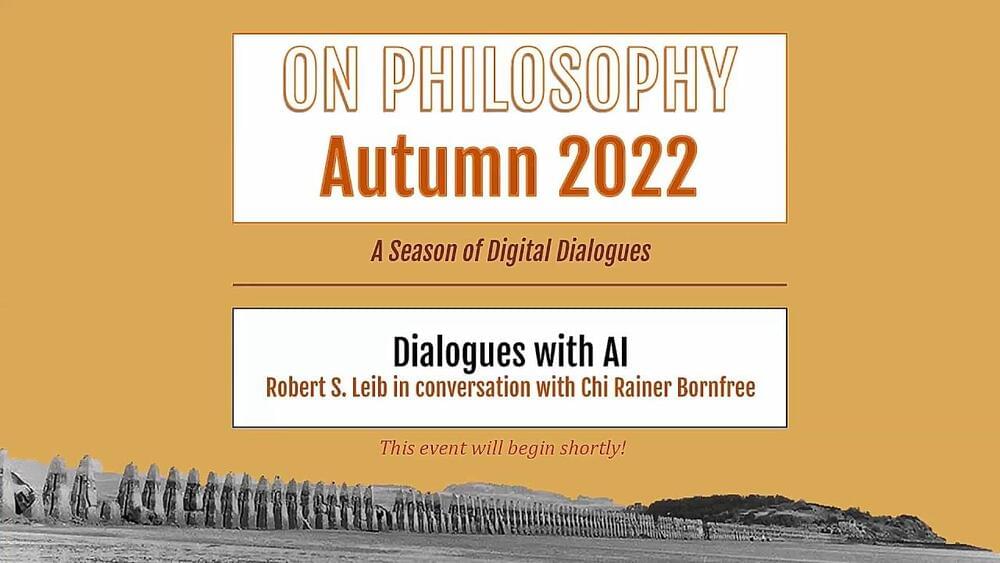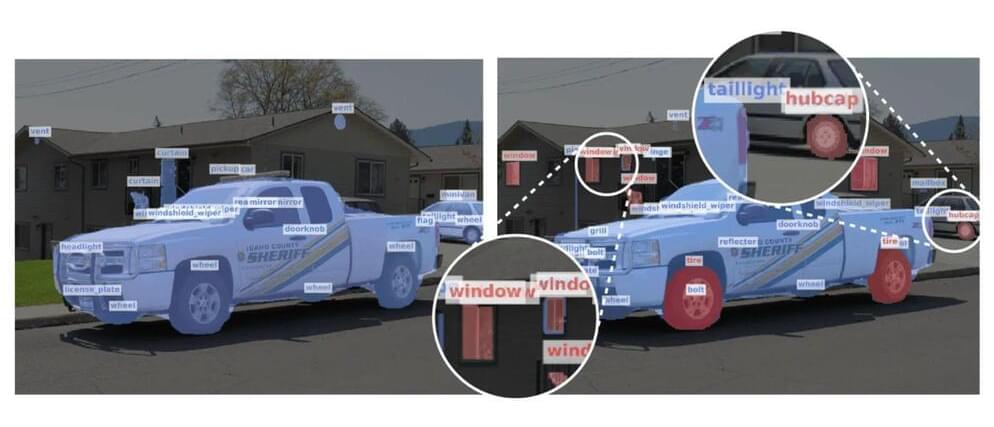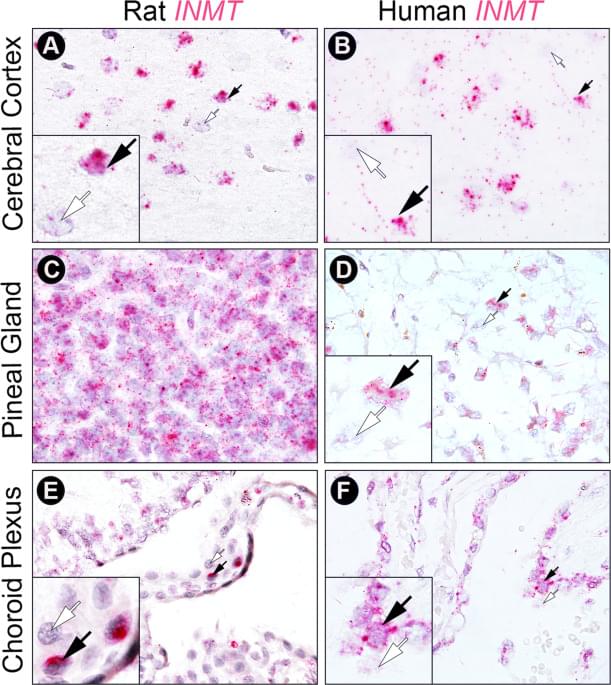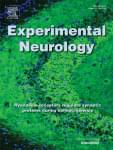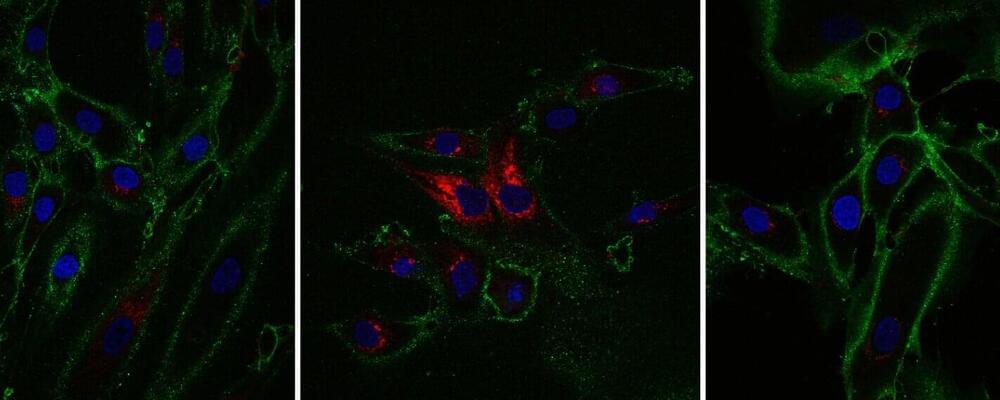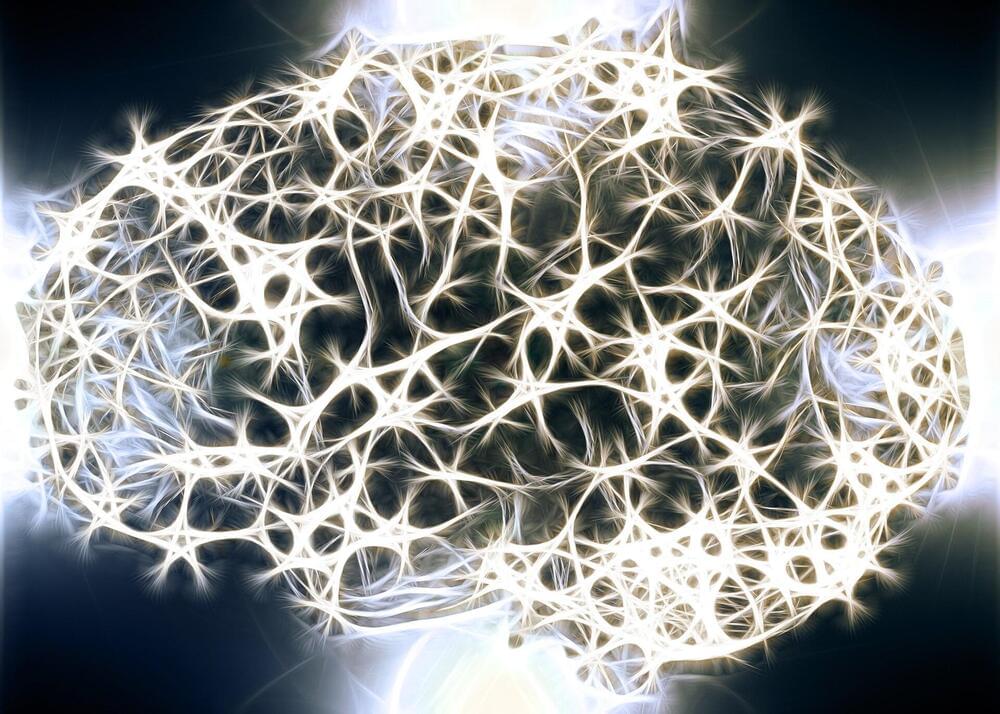After statins, the next leading class of medications for managing cholesterol are PCSK9 inhibitors. These highly effective agents help the body pull excess cholesterol from the blood, but unlike statins, which are available as oral agents, PCSK9 inhibitors can only be administered as injections, creating barriers to their use.
Longevity. Technology: Having high cholesterol can increase the risk of heart and circulatory diseases such as heart attack, stroke and vascular dementia, but a new study from investigators at University Hospitals (UH) and Case Western Reserve University School of Medicine details an orally administered small-molecule drug that reduces PCSK9 levels and lowers cholesterol in animal models by 70%. Published in Cell Reports, the findings represent a previously unrecognised strategy for managing cholesterol and may also impact cancer treatments.
Cardiovascular disease ranking as the world’s number one killer, so it’s no surprise that a significant amount of research into potential therapeutic options is ongoing; just last week we looked at Cyclarity’s rationally-designed cyclodextrin molecules that remove arterial plaque by clearing the non-degradable oxidised cholesterol and which can be used in conjunction with statins for a broad-spectrum approach. Our report into Cyclarity’s new platform comes out next week, so stay tuned!



